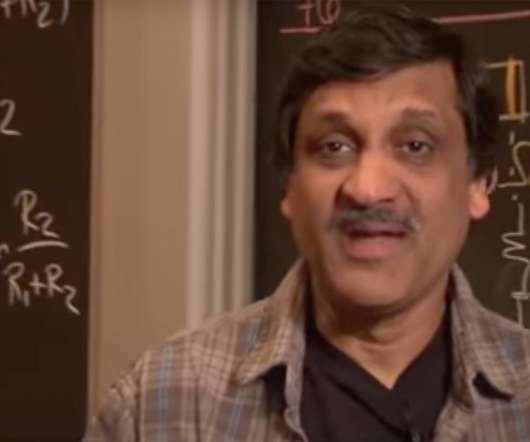For Best Results, Pair MOOCs With In-Person Support
Edsurge
MAY 30, 2019
Massive open online courses (MOOCs) transfixed higher education in the early 2010s, so much so that The New York Times dubbed 2012 "The Year of the MOOC." At the time, many thought MOOCs might become a replacement for both classroom instruction and ingrained models of learning. It’s easy to see why.













































Let's personalize your content